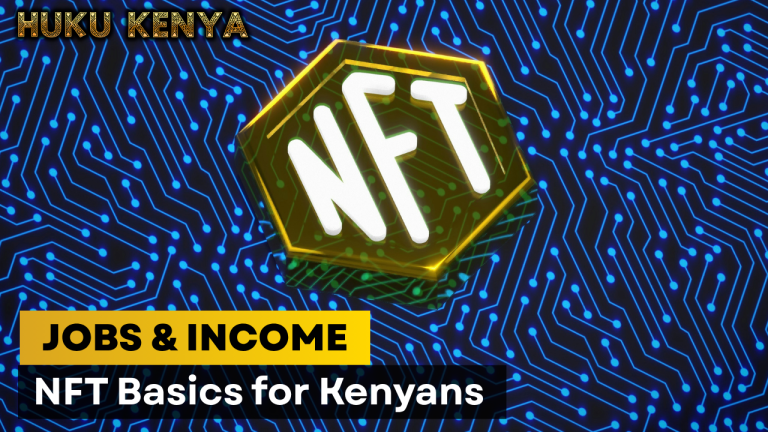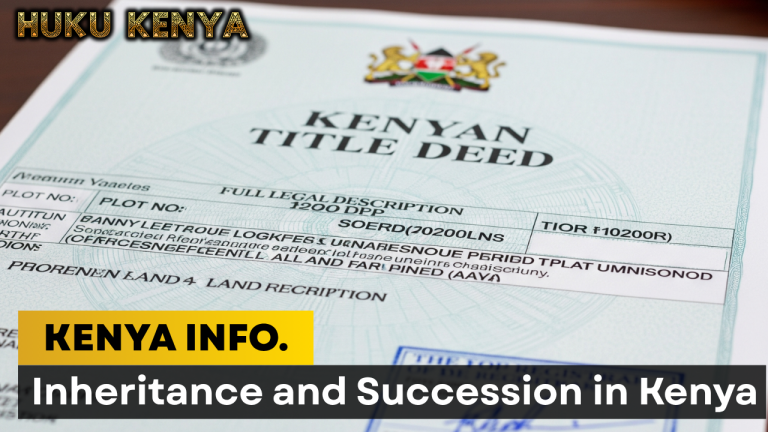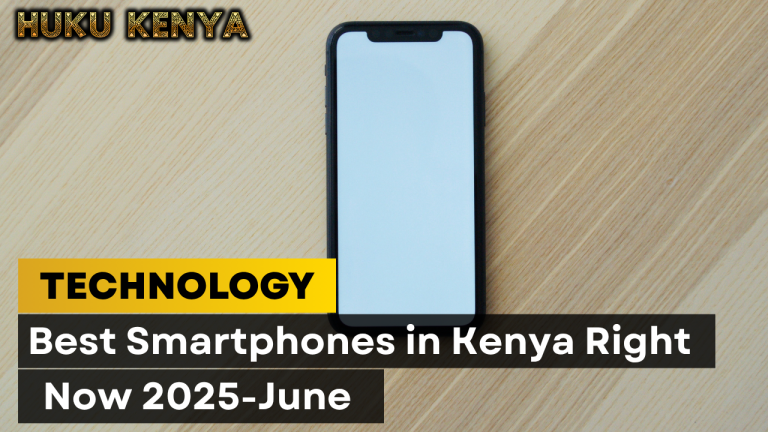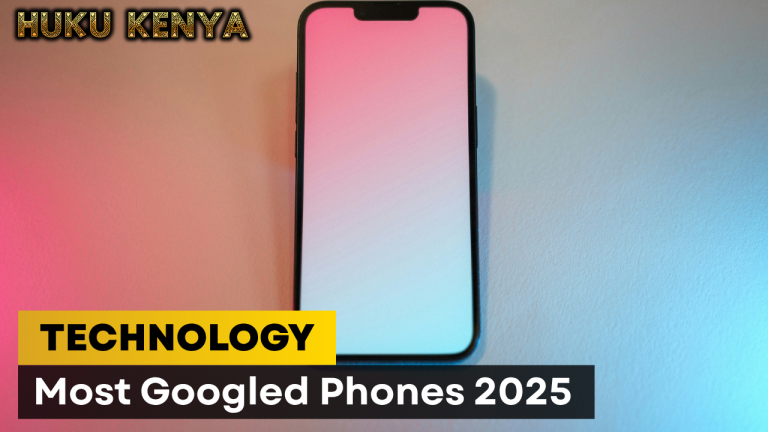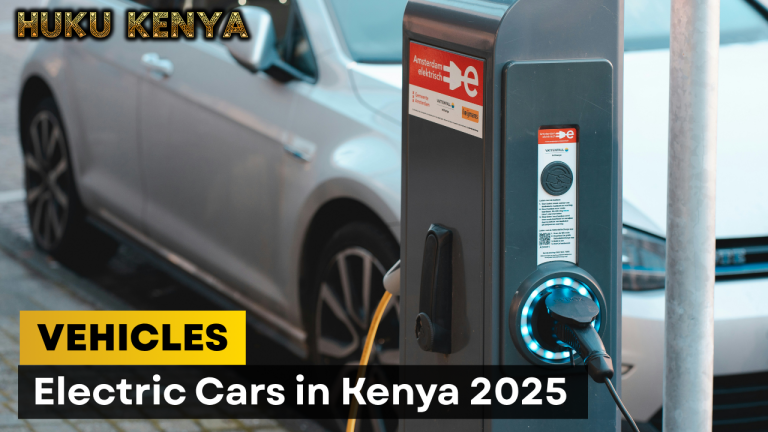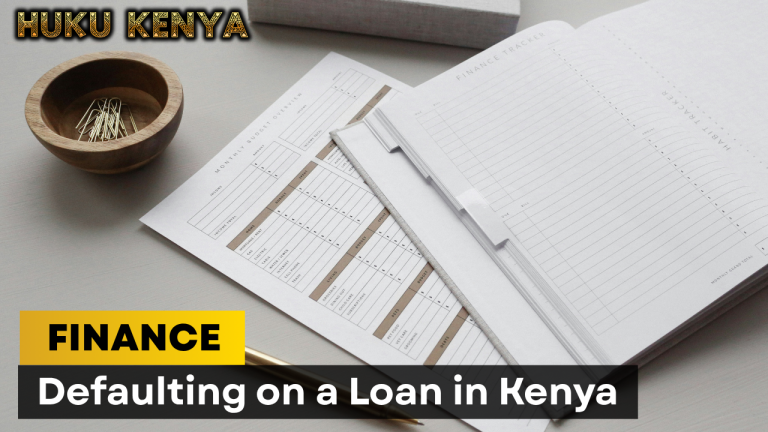
Spotting fakes, using Ardhisasa, and avoiding costly land scams
In Kenya, land fraud remains one of the most common and devastating forms of property crime. From fake title deeds to double sales and forged signatures, unsuspecting buyers lose millions every year. Whether you’re buying, inheriting, or safeguarding family land, verifying a title deed is your first line of defense.
This guide walks you through how to verify a title deed using Ardhisasa, manual registry checks, and physical document inspection—plus how to spot a fake before it’s too late.
1. What Is Title Deed Verification?
Title deed verification is the process of confirming that:
- The land is legally registered
- The seller is the rightful owner
- The parcel is free from encumbrances (e.g. loans, caveats, disputes)
- The document is genuine, not forged or duplicated
2. How to Verify a Title Deed Online via Ardhisasa
Ardhisasa is Kenya’s official digital land registry platform, currently active in Nairobi, Kiambu, and select counties.
What You Need:
- Ardhisasa account: ardhisasa.lands.go.ke
- Parcel number or title deed number
- KRA PIN and ID
- KSh 500 for the search fee
Steps:
- Log in or create an account on Ardhisasa
- Select “Land Search”
- Enter the parcel number or title deed number
- Pay KSh 500 via M-Pesa or card
- View and download the official search results
What You’ll See:
- Registered owner’s name
- Parcel size and location
- Encumbrances (e.g. loans, caveats)
- Lease/freehold status
If the seller’s name doesn’t match the Ardhisasa record, stop the transaction immediately.
3. Manual Title Deed Verification (For Non-Digitized Counties)
If Ardhisasa isn’t available in your area:
- Visit the County Land Registry
- Fill out Form RL26 (land search request)
- Submit a copy of the title deed and your ID
- Pay KSh 500–1,000
- Wait 1–3 days for the official search results
Compare the registry’s report with the seller’s documents. If anything doesn’t match, consult a lawyer.
4. How to Spot a Fake Title Deed
Fraudsters are getting smarter—but so can you. Here are the top red flags:
- Missing security features: Genuine deeds have watermarks, microtext, and serial numbers
- Spelling errors or inconsistent fonts: Often a sign of forgery
- Mismatched parcel numbers: Cross-check with Ardhisasa or the registry
- No official stamp or signature: Every title must be stamped by the Lands Registry
- Seller avoids verification: If they resist a land search, walk away
5. Legal Red Flags to Watch For
- Caveats: Legal warnings that block transfer (e.g. family disputes, court orders)
- Charges: Loans or mortgages registered against the land
- Double allocation: Two or more titles issued for the same parcel
- Public land: Some scammers forge titles for land that belongs to the government
- Unpaid land rent or rates: Can block transfer or lead to penalties
6. Real-World Case: How Verification Saved KSh 3 Million
In 2024, a buyer in Nairobi used Ardhisasa to verify a title deed for a plot in Embakasi. The system revealed the land was leasehold, not freehold as claimed—and still under a bank charge. The buyer walked away, saving KSh 3 million and years of legal battles.
7. Final Checklist Before You Pay
- [ ] Verified title deed via Ardhisasa or registry
- [ ] Seller’s name matches official records
- [ ] No caveats, charges, or disputes
- [ ] Title has official stamp and watermark
- [ ] Lawyer or surveyor has reviewed documents
- [ ] You’ve visited the land physically
Final Word: Don’t Buy Land on Trust—Verify It
In 2025, verifying a title deed in Kenya is fast, affordable, and non-negotiable. Whether you’re buying land in Nairobi, Kisii, or Kitengela, take 10 minutes to confirm ownership and avoid becoming another land scam statistic.


